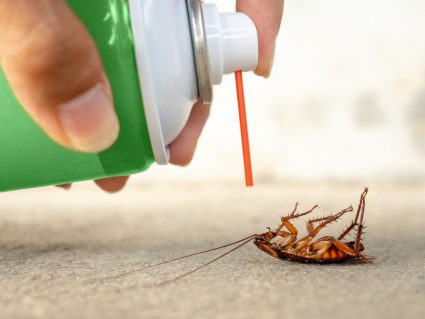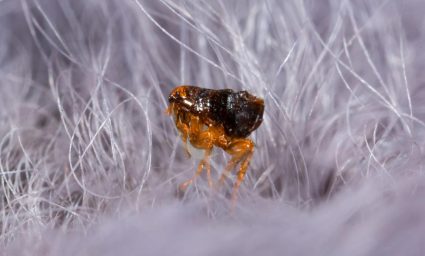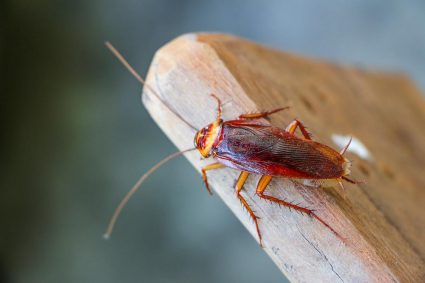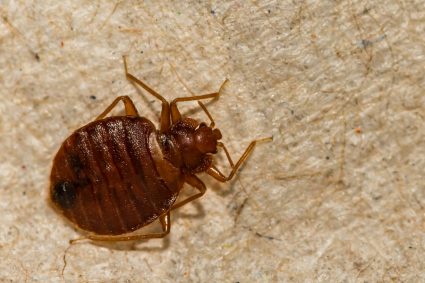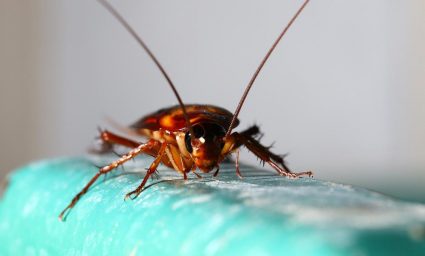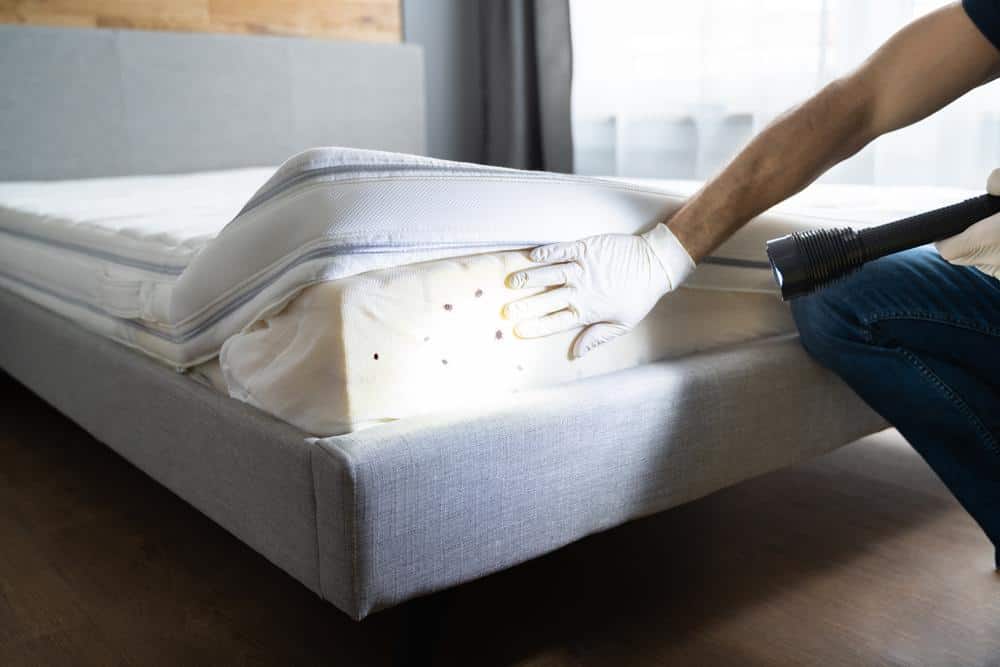
Bat bugs are parasitic insects that primarily feed on bat blood. However, if their preferred host is not available, they may invade homes and bite humans. This comprehensive guide will help you understand how bat bugs can enter your house, signs of their infestation, and how to prevent and control these pests.
Bat bugs can enter your house by hitching a ride on bats that roost in areas like attics, unused chimneys, or behind walls in your home. If bats establish a colony in these areas, bat bugs can infest the living spaces of the house. In the absence of bats, bat bugs may migrate into other parts of the house in search of a new food source.
What Are Bat Bugs?
Bat bugs belong to the Cimicidae family and are closely related to bed bugs. They are small, brown, oval-shaped insects with stubby, non-functional wings and beak-like mouthparts. Bat bugs and bed bugs are often mistaken for each other due to their similar appearance. However, one key difference is the length of the fringe hairs on the upper thorax; bat bugs have longer hairs than bed bugs. Identifying a bat bug infestation in your home involves checking for bites on your skin and the presence of bats in your home.
How Do Bat Bugs Enter Homes?
Bat bugs enter homes by hitching a ride on bats that have found their way into buildings. Bats may roost in attics, unused chimneys, or behind walls. If bats establish a colony in these areas, bat bugs can infest the living spaces of the house. In the absence of bats, bat bugs may migrate into other parts of the house in search of a new food source.
Signs of a Bat Bug Infestation
Common signs of a bat bug infestation include bites on your skin, the presence of bat bugs, tiny white eggs or shed skins in cracks and crevices, a musty odor, and pinpoint blood stains on bed linen and pillows. The presence of bats in your home is also a clear indication of a potential bat bug infestation.
Health Risks Associated with Bat Bug Infestations
Bat bugs are not known to transmit diseases to humans or pets. However, their bites can cause skin irritation and potentially allergic reactions. Some sensitive individuals may experience insomnia, anxiety, and panic due to bat bug bites.
Preventing Bat Bug Infestations
Preventing bat bug infestations involves making your home less attractive to bats. Seal off potential entry points, install bat houses away from your home, trim trees and vegetation near your home, and regularly inspect your attic and other potential roosting areas. If you suspect a bat infestation or bat bug problem, contact a pest control professional.
Eliminating Bat Bug Infestations
To safely eliminate a bat bug infestation, first identify the source. Hire a professional pest control company to treat bug-infested areas with a pyrethroid insecticide. Vacuum and clean the infested areas thoroughly, and seal any potential entry points to prevent future infestations.
In conclusion, bat bugs can invade homes when bats establish colonies in attics, unused chimneys, or behind walls. While they are not known to transmit diseases, their bites can cause discomfort and skin irritation. To prevent and control bat bug infestations, seal off potential entry points, maintain your home regularly, and seek professional help if needed.
Frequently Asked Questions
How can I differentiate between bat bugs and bed bugs?
Differentiating between bat bugs and bed bugs can be challenging due to their similar appearances. However, one notable difference is the length of the fringe hairs on the upper thorax; bat bugs have longer hairs than bed bugs. This difference is minute and may require a magnifying lens and a keen eye to spot.
What is the lifespan of a bat bug?
Bat bugs can live for up to one year without feeding. However, the lifespan can significantly decrease if they are unable to find a host from which to feed.
Can bat bugs reproduce in human homes?
Yes, bat bugs can reproduce in human homes, particularly in areas where they have access to a host. They lay their eggs in secluded areas, and the eggs hatch in about two weeks.
Are bat bugs active during the day?
Bat bugs, like bed bugs, are primarily nocturnal. They are most active during the night when potential hosts are sleeping. However, they can also be active during the day, especially when they are hungry and in search of a meal.
Can I eliminate bat bugs myself?
While it is possible to take measures to control a bat bug infestation, complete elimination often requires professional pest control services. This is because bat bugs can hide in small cracks and crevices, making them difficult to eradicate completely. A professional pest control company can treat infested areas with a pyrethroid insecticide and provide advice on preventing future infestations.

